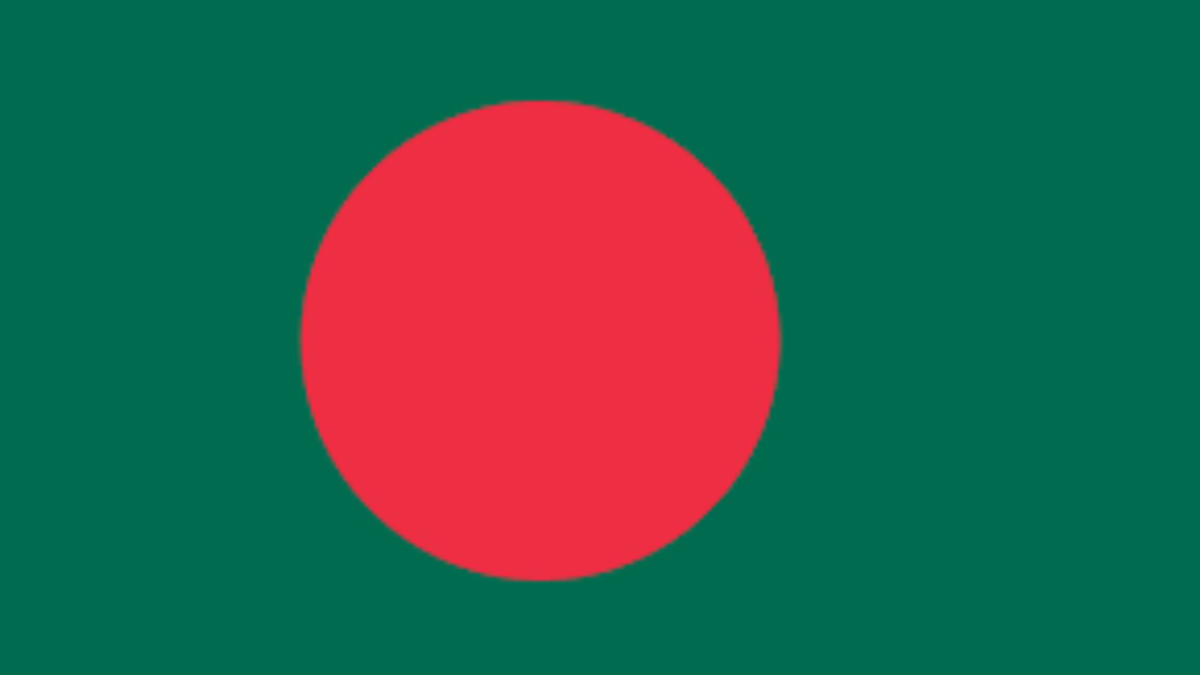The Awami League (AL) and the Bangladesh Nationalist Party (BNP) have alternated in positions of political authority since Bangladesh’s democracy was restored in 1991. However, the AL has maintained its hold on power since January 2009, primarily due to election manipulation, which led the US to express “disappointment” with the results of the 2018 election. The United States imposed sanctions on officials of Bangladesh’s Rapid Action Battalion due to allegations of widespread violations of human rights, forced disappearances, extrajudicial killings, and marginalization of the political opposition by the AL government.
The economic downturn has prompted the opposition BNP to galvanize the public and its supporters to overthrow the AL government. Thousands of people attended the effective rallies they staged around the nation. Amid a collapsing economy, the BNP is organizing voters in anticipation of the December 2023 general elections.
Table of Contents
Why is the BNP strongly accusing the current government?
The BNP claims that the nation’s key institutions have been destroyed and that people’s rights have been curtailed. The ongoing increases in the cost of necessities have made people’s struggles even worse, which has increased their discontent with the current administration.
The main demand of the opposition is that a neutral caretaker government oversee the next election, which is set for January 2024. Citing worries about bias and electoral manipulation, the BNP asserts that it is impossible to have a fair election under the current government.
The BNP hasn’t been the only party to criticize Hasina. Since taking office in 2009, she has faced accusations of authoritarianism, violations of human rights, restriction of free speech, and dissent. Her security forces have come under heavy fire for their claimed actions, which include arresting thousands of opposition activists, holding hundreds of people during extrajudicial encounters that end in deaths, and going missing with a large number of opposition leaders and supporters.
In 2021, in response to these claimed violations of human rights, the US imposed penalties on seven senior officers and the elite security force Rapid Action Battalion (RAB).
Repercussions for the world from Bangladesh’s political crisis
Amid mounting tensions and worries about the fairness of the upcoming elections, 14 US Congressmen have called on the UN to send peacekeeping troops to Bangladesh. To ensure the supervision and conduct of free and fair elections in Bangladesh, as well as to prevent any intimidation, harassment, or assault of voters during the election period, the letter calls for UN intervention.
Bangladesh’s democracy and human rights record are being scrutinized internationally as the country struggles with a severe political crisis due to the opposition’s demands and the government’s position.
Bangladesh’s stability and peace are essential to the stability of the South Asian region. Political unrest in Bangladesh may result in a refugee crisis, heightened tensions across borders, and more security risks, all of which could have an impact on Bangladesh’s neighbors, including India.
To guarantee that Hasina’s government fulfills its obligation to hold free and fair elections in a peaceful setting, New Delhi could therefore support Dhaka. It will be interesting to watch how this plays out and how Bangladesh manages its complicated political environment, which is frequently characterized by extreme violence and division.
Current escalated violence in Bangladesh
Tensions in Bangladesh have increased ahead of the anticipated general elections in January as a result of clashes between supporters of the ruling Awami League and the main opposition BNP on Sunday during a nationwide general strike that claimed three lives.
Under the leadership of former prime minister Khaleda Zia, the Bangladesh Nationalist Party (BNP) announced a nationwide walkout on Sunday in protest of the police actions that had forced the party to call off its large rally one day earlier. One BNP activist was killed, according to police, when he attempted to flee after setting a bus on fire by falling from an unfinished building in the Mohammadpur neighborhood of Dhaka.
But according to BNP leaders, the deceased was on his way home from the rally when he was spirited away by rival Awami League activists and thrown to the ground as police looked on.
According to the fire department and police, in a predawn attack at the Demra area on the outskirts of the city, an unidentified miscreant set fire to a bus, killing the driver’s assistant and injuring another. The event happened the day after violent altercations that left over 200 people wounded and two people including a policeman dead. A police booth, several ambulances, and other vehicles including motorcycles had entered the front area of Rajarbagh Central Police Hospital and caught fire.
At a large rally held on Saturday, the BNP demanded that Prime Minister Sheikh Hasina step down so that free and fair elections could be held under a non-party interim administration. In response to the opposition rally, Prime Minister Sheikh Hasina’s party also staged a peace demonstration.
A day after violence rocked downtown Dhaka, riot police attacked the BNP headquarters overnight, and authorities summoned paramilitary troops in advance of the nationwide strike. Witnesses claimed that armed police with water cannons and riot cars surrounded the abandoned BNP headquarters, threatening severe punishments for any security breaches committed “in the name of stoppage.”
To keep the peace in the capital, the paramilitary Border Guard Bangladesh (BGB) sent out 11 platoons or more than 300 soldiers.
